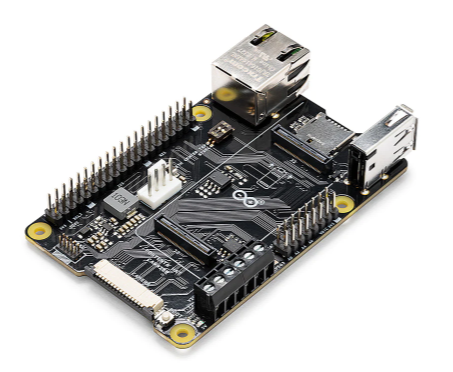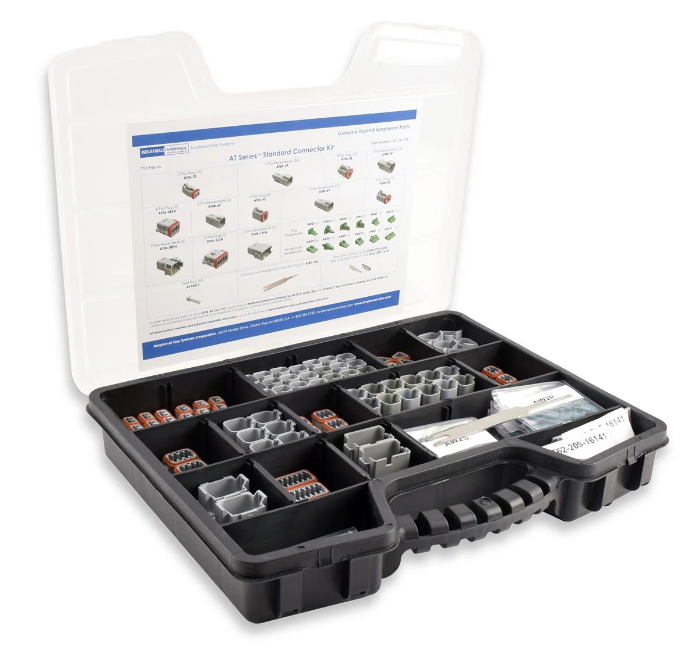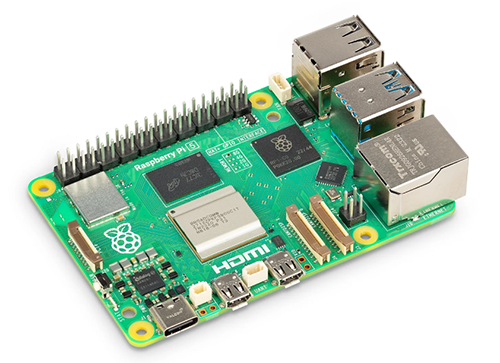The mother figure of engineering
Shi Marcos is a product engineer at onsemi, an intelligent power and image sensing technology company, where she has worked for the past 15 years – spending her first seven years in the Philippines before transitioning over to the US.
This article originally appeared in the June'23 magazine issue of Electronic Specifier Design – see ES's Magazine Archives for more featured publications.
Prior to venturing into the world of industry, the award-winning engineer had her feet firmly placed in academia. But with her growing hunger for knowledge and discovery, it meant that her mind was constantly looking for new avenues to explore and would always question ‘what else is out there?’
Moving from an academic career where Shi had been offered an Assistant Professorship in the science Department at her university was a big step – but one Shi couldn’t ignore – to an industry career with onsemi was “a culture shock, or a shock in general when switching from academia to industry, but it wasn’t bad. It was mostly interesting – like the discovery of new things and meeting new people with different backgrounds [from my own]. It was a good fit for me.”
Product engineering – bringing it all together
“Product engineering is like a hodgepodge of so many things. It’s like we're the first line of defence and also the last line of defence, doing everything when clients don't know what to do; they always ask the product engineers. We have so many hats we put on.
“In the Philippines, I managed a product engineering team for seven years – which mostly concentrated on manufacturing. Then I transferred to the US where I have been doing product engineering work for eight years; mostly for new product introduction, and cost capacity improvement projects, as well as customer support for returns, if there’s an undecided customer, we work on that together with our quality department and engineers who mostly handle customer concerns.”
Shi manages a product from infancy – during the development stages – up to maturity – when manufacturing is wrapped up and that product reaches its end of life. In doing this, Shi must work closely with a number of other departments, from project and product managers to design engineers and test engineers, to ensure that she and her team achieve the best possible product outcomes for the clients, the business, and the manufacturability and sustainability of the materials used.
“My role is making sure that we have that balance of pleasing the customer, but also making sure the product is manufacturable enough when we release it to production. Once it’s in production that’s when I look for ways to [refine it] and get more throughput. And then of course, ensuring the quality of the product.”
In recounting the many hats Shi does indeed wear, she quips: “I think a product engineer is kind of a mother figure for products.”
An industry rich in friendship and discovery
When asked what it is about the semiconductor industry that Shi enjoys the most, her immediate response is the people, and you can hear the smile in her voice as she talks.
“So, first off, the people are awesome. My colleagues are awesome and so are the friends that I’ve made. They share their knowledge. The science, engineering, and technology industry is rich enough that when you get in, there are so many resourceful people that you can interact with and talk to. It’s a good experience, talking to these people and accomplishing projects with them – it’s fulfilling.
“The knowledge learned is also enriching, the experience of learning in the field and actually discovering what it’s like to be an engineer, rather than just reading it from books. It’s all enriching. That's how I feel about the engineering world.”
Share your story of discovery
Despite winning internal technical and excellence awards, including Best Paper in ‘Correlation effect of ATE transfers’ Shi insists that, whilst they are lovely accolades, they aren’t something that she has thought about.
“It’s not something that drives me. It’s rewarding to be recognised, but [the award] is not important. What is important is when you have this opportunity to tell a story of how you solved a problem or made a discovery, that you tell that story.
“That is what science and engineering is about. That you share this knowledge. So, getting rewarded for that is good, but it’s important for scientists and engineers to do their part in telling their stories of discoveries and solutions.”
Being a bridge for female representation
Talking about her greatest achievements to date within the semiconductor industry, Shi believes that it is simply being a woman in a typically male-orientated environment, and that just by being present in a career that she loves, she is helping to tip the scales of inequality.
“My greatest achievement in my career is penetrating this barrier. Because I know in engineering women are a marginal group … it is already an achievement for me to be recognised by my peers as an equal and to be asked my opinion, especially as a woman and an immigrant in the main onsemi site in the US, I think that’s quite a significant part of my life.”
Shi believes that having representation, rather than role models, of all people within the engineering industry is something that is important.
“I think role model is an outdated term for me. I think it should be representation. When we view the word role model, we think of a perfect person, but in this day and age that’s not a good thing. But it is important to recognise people that are a representation of yourself.
“My mentor in academia is a woman. I think that shaped me … she was my advisor, and mentor, and I know how strong she is … I recognise how she deals with double standards. And so, I carried that with me when I entered the industry. I think she is a good representation of women in science and engineering.
“Coming into the semiconductor industry, I see plenty of women leaders already pressing up in this industry – because with more representation comes even more representation, and I think eventually people will have more to emulate in terms of seeing how their career path can go, in spite of their [personal] circumstances. They’ll be able to understand all their possibilities through different representations of themselves out there.”
Shi considers herself fortunate not to have encountered any form of overt discrimination.
“I guess I was a bit lucky when I entered the industry because I did not encounter any style of discrimination, in terms of my work or in terms of being a woman. I think science and engineering, in my honest opinion, is genderless.”
Trust in yourself
Shi encourages anyone considering entering the world of engineering to just do it. Trust in yourself and know that there is a lot of help, support, and encouragement along the way.
“I took the leap, so my advice is to just take the leap because the semiconductor companies that we have right now have very well-established support and training structures. I know fresh from college you might doubt yourself that you might not have enough skills to go on, but that's not necessarily true. Because once you get into the semiconductor companies, they have this support and training structure for you. So, you can use it for your career growth.
“This industry, engineering, science, all of it. It is vast. You will never get bored of it. The learning continues. It will never stop. You will make new discoveries, and new products are always coming out. And, I think, with more interest and support coming from the government this industry will grow, and in being a part of that, it will be quite an experience for anyone joining the industry.”









